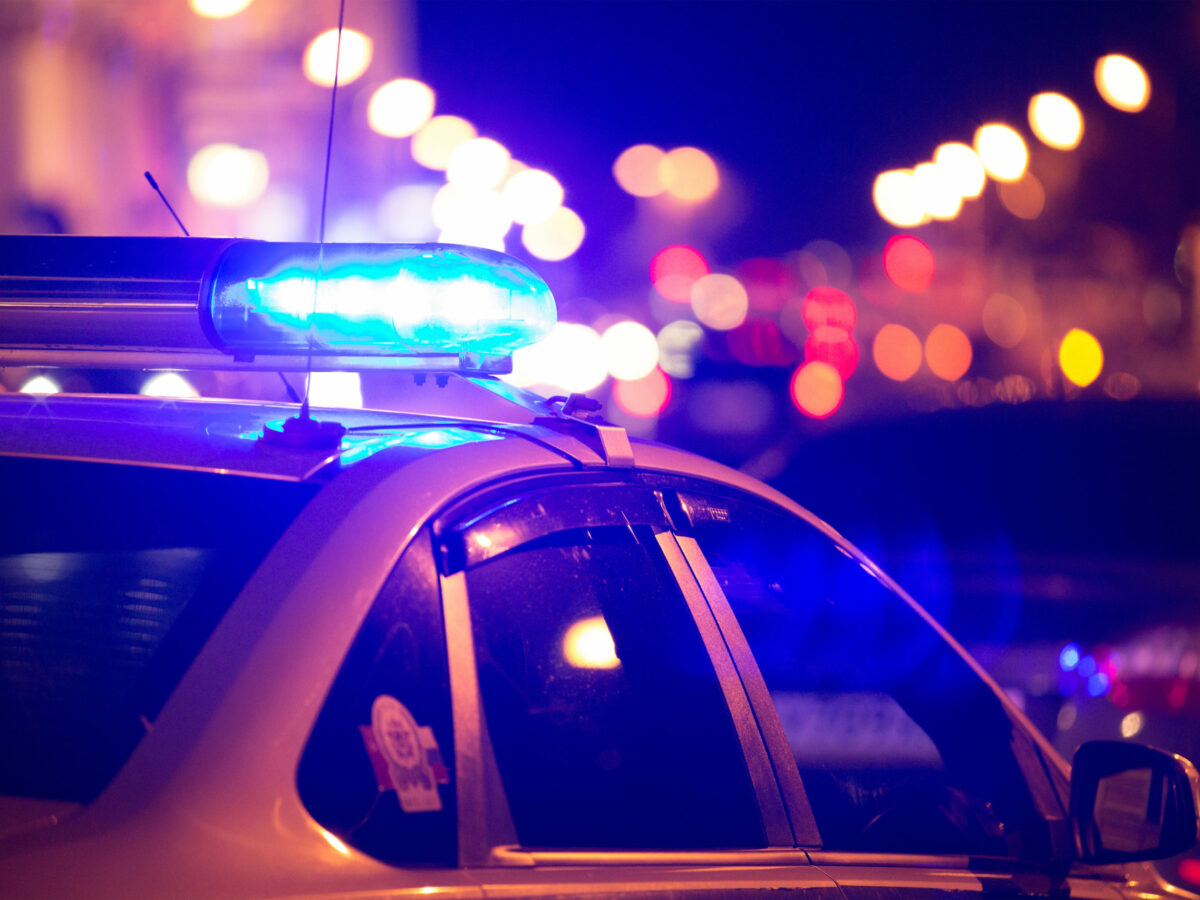Two bills considered by Virginia governor Ralph Northam last week will help protect people who use cannabis from prosecution by preventing police from searching a vehicle based on weed smell alone and preventing judges from overruling the wishes of prosecutors and defense attorneys when both sides agree a charge should be dismissed.
The Outlaw Report has covered House Bill 5058 and Senate Bill 5029 frequently. The two bills prevent police officers from searching a person or their vehicle due to cannabis smell and as a result remove what police frequently view as an “investigative tool” to get into someone’s car for
reasons other than cannabis use and arrest them. Back in 2019, former police commander and current Executive Director of Law Enforcement Action Partnership (LEAP) Neill Franklin explained how cannabis smell is used—and often contrived—to violate citizens’ fourth amendment rights: “Marijuana is still the number one reason the police are using to sidestep the Fourth Amendment and get into people’s car, pocket or home,” Franklin told me. “Constitutionally, it’s wrong.” Additionally, preventing police from using cannabis smell—or the claim of cannabis smell—limits
Northam did have one amendment to the cannabis smell bill, which does not have to do with weakening the intent of the bill but instead adjusts language to emphasize that police can still stop those who are driving at night and do not have their headlights on or have a headlight or brake light out. Next, the House and Senate have to consider Northam’s minor amendment and if they accept them, the bill becomes law. If they don’t accept them, the bill would go back to Northam.
For those who are arrested for cannabis in Virginia, where cannabis possession of up to an ounce is decriminalized, there is now a growing likelihood that those charges might be dismissed thanks to Northam signing into law House Bill 5062 and Senate Bill 5033 which Northam on Wednesday, October 21. The bills make it so that a judge can no longer overrule the dismissal of a charge if both the prosecutor and defense attorneys agreed that the charge should be dismissed. This is especially notable for Virginians who are using cannabis amid this moment of cannabis reform, racial reckoning, and talk of “progressive prosecutors.” Indeed, last year Norfolk Commonwealth Attorney Greg Underwood (the Commonwealth Attorney is similar to the district attorney or state’s attorney “top prosecutor” position in other cities) wanted to dismiss all misdemeanor cannabis possession charges in the name of criminal justice reform (Baltimore City State’s Attorney Marilyn Mosby made a similar announcement in 2019).
Judges put up a united front against Underwood though many ultimately agreed to consider cannabis charges on a “case-by-case” basis. Now that this law has been signed, it means judges can no longer prevent prosecutors’ wishes when it comes to dropping cannabis charges (or any other charges proposed).
Both HB 5062 and SB 5033 read the same: “[The bill] requires a court to grant a motion to dismiss made by the Commonwealth, whether with or without prejudice, and with the consent of the defendant unless the court finds by clear and convincing evidence that the motion was made as the result of (i) bribery or (ii) bias or prejudice toward a victim because of the race, religious conviction, gender, disability, gender identity, sexual orientation, color, or national origin of the victim. The bill provides that, upon the agreement of the Commonwealth and the defendant, a trial court may defer proceedings; defer entry of a conviction order, if none, or defer entry of a final order; and continue the case for final disposition, on such reasonable terms and conditions as may be agreed upon by the parties.”
Image by Lukasz Stefanski / via Shutterstock






